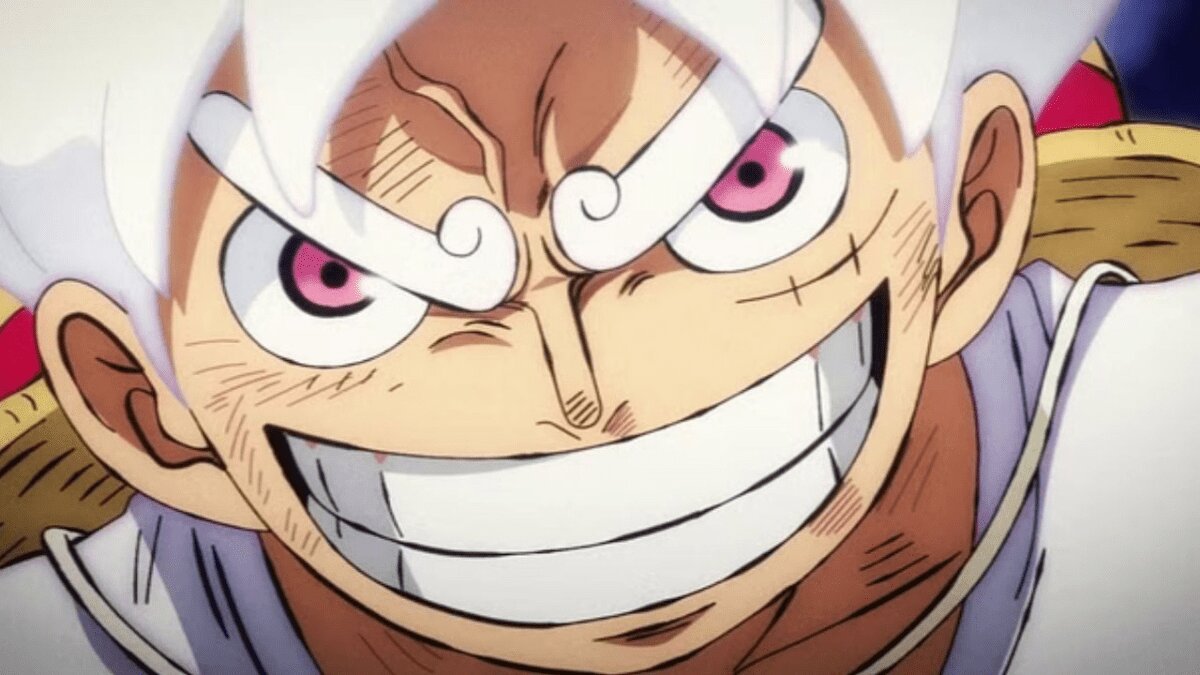In the vast world of anime, few protagonists are as iconic—or as debated—as Monkey D. Luffy. As the straw hat-wearing captain of the Straw Hat Pirates in One Piece, Luffy has captured the hearts of fans for over two decades. His dream is as massive as the Grand Line itself: to find the One Piece and become the King of the Pirates. But along the way, an interesting question arises—is Luffy a truly great leader, or is he just ridiculously lucky?
There’s no denying Luffy’s charisma. He’s loyal, brave, and has a moral compass that rarely falters. His willingness to throw himself into danger for his friends (nakama) has won him their absolute devotion. From Zoro’s trust to Nami’s faith to Robin’s rescue at Enies Lobby, his crew often rallies behind him—not just because he’s strong, but because they believe in who he is.
And yet, Luffy’s style of leadership is unorthodox at best and reckless at worst. He rarely plans. He often rushes into battle without strategy. He declares war on the world’s most powerful organizations without hesitation. His victories frequently rely on timely interventions, absurd luck, or the unwavering strength of his crewmates.
Consider this: would Luffy have survived without Zoro’s swordsmanship, Sanji’s resourcefulness, or Nico Robin’s knowledge? How many times has he stumbled into alliances with powerful allies like Law, Sabo, Boa Hancock, or even Ivankov—alliances that bailed him out of near-certain death?
This brings us to a compelling crossroads. Is Luffy a leader who inspires greatness in others? Or is he a chaotic storm who thrives because his friends clean up the mess?
In this piece, we’ll explore:
-
The qualities that make Luffy a strong (or weak) leader
-
How his leadership compares to figures like Naruto, Levi, or Light Yagami
-
Key arcs that define his leadership
-
When luck saved him—and when his instincts truly led
-
The balance between emotional intelligence and strategic weakness
By the end, you’ll have a clearer picture of whether Luffy’s pirate legacy is one of earned command—or simply fate smiling on a foolishly brave rubber boy.
Luffy’s Strengths as a Leader
Luffy’s leadership is rooted in values rather than tactics. While he doesn’t command through orders or battle strategies, he does command through inspiration, loyalty, and heart. Here’s how:
1. Absolute Loyalty to His Crew
Luffy never treats his crewmates as tools or subordinates. He sees them as equals, giving them space to grow and respecting their independence. When he punches a Celestial Dragon to defend Camie, or declares war on the World Government to save Robin, he shows his unshakeable loyalty.
2. Empowering Others
Luffy never tells his crew how to fight or live. He trusts them to be strong in their own way. Usopp finds bravery, Nami finds purpose, Franky finds redemption—all while Luffy watches, supports, and punches only when needed.
3. Charismatic to the Core
Luffy doesn’t negotiate, he connects. From Vivi to Bon Clay, even enemies admire his purity. This emotional influence draws strong allies without political manipulation.
4. A Clear Moral Compass
He doesn’t care about politics, factions, or power hierarchies—only right and wrong. He’s a pirate, but he protects the weak. His decisions, though impulsive, are often morally sound.
Luffy’s Flaws: Recklessness and the Luck Factor
Of course, for every inspiring moment, Luffy has a blunder.
1. Reckless Impulsivity
He rarely thinks before acting. He challenges Big Mom, picks fights with the World Government, and invades Impel Down without a plan. His boldness is admirable—but often irresponsible.
2. Strategic Blindness
Unlike Trafalgar Law or Shikamaru, Luffy doesn’t analyze situations. This leads to chaos, requiring others (usually Nami, Robin, or Sanji) to stabilize plans.
3. Frequent Dependence on Allies
Without Rayleigh, Ivankov, or Jinbe, he’d be dead. His progress often depends on other people’s decisions and help—not just his own power.
4. Emotional Decisions Over Rational Ones
Luffy doesn’t lie or manipulate, but that’s not always a strength. In moments that require political subtlety or mental chess, he’s outmatched.
Key Arcs: Leadership or Luck?
Let’s break down some pivotal arcs to assess Luffy’s leadership vs his luck:
Enies Lobby:
Luffy’s leadership shines. He risks everything for Robin. The entire crew moves with purpose and loyalty. This arc solidifies Luffy as a moral leader.
Impel Down / Marineford:
Luffy charges into the most secure prison and warzone in the world to save Ace. But he doesn’t get far alone. Crocodile, Jinbe, Buggy, and others carry the effort. His emotions guide him, but without others, he fails.
Dressrosa:
The alliance with Law and the rise of the Straw Hat Grand Fleet happen almost accidentally. He inspires people, but it’s Law’s planning and others’ sacrifices that lead to victory.
Wano:
This is where Luffy begins evolving. After defeat by Kaido, he trains, listens, and learns. He unites factions and leads more deliberately—hinting at a mature leadership arc.
Comparison with Other Anime Leaders
-
Naruto Uzumaki: Trains hard, forms bonds, and brings peace to warring factions. He combines charisma with discipline.
-
Levi Ackerman: Cool, strategic, emotionally restrained. Leads with precision but lacks Luffy’s warmth.
-
Light Yagami: Genius tactician but tyrannical. Leads through fear, not loyalty.
-
Erwin Smith: Visionary and tragic. Makes brutal decisions for the greater good.
Luffy, in contrast, isn’t a tactician. He’s an emotional anchor. His crew follows him not because he’s perfect—but because he’s honest, brave, and unwavering.
Final Verdict: Luck or Leadership?
Is Luffy lucky? Absolutely. Many times, fate, friendship, and plot armor save him.
Is he a good leader? Yes—but not in the conventional sense.
Luffy’s leadership isn’t about strategies or speeches. It’s about values, loyalty, and a refusal to compromise his heart. He’s not the smartest or strongest, but he inspires people to be their best selves. His crew fights for him because he’d do the same for them—no questions asked.
Leadership, in the world of One Piece, isn’t about perfection. It’s about conviction. And Luffy, with all his flaws and fire, has it in abundance.


